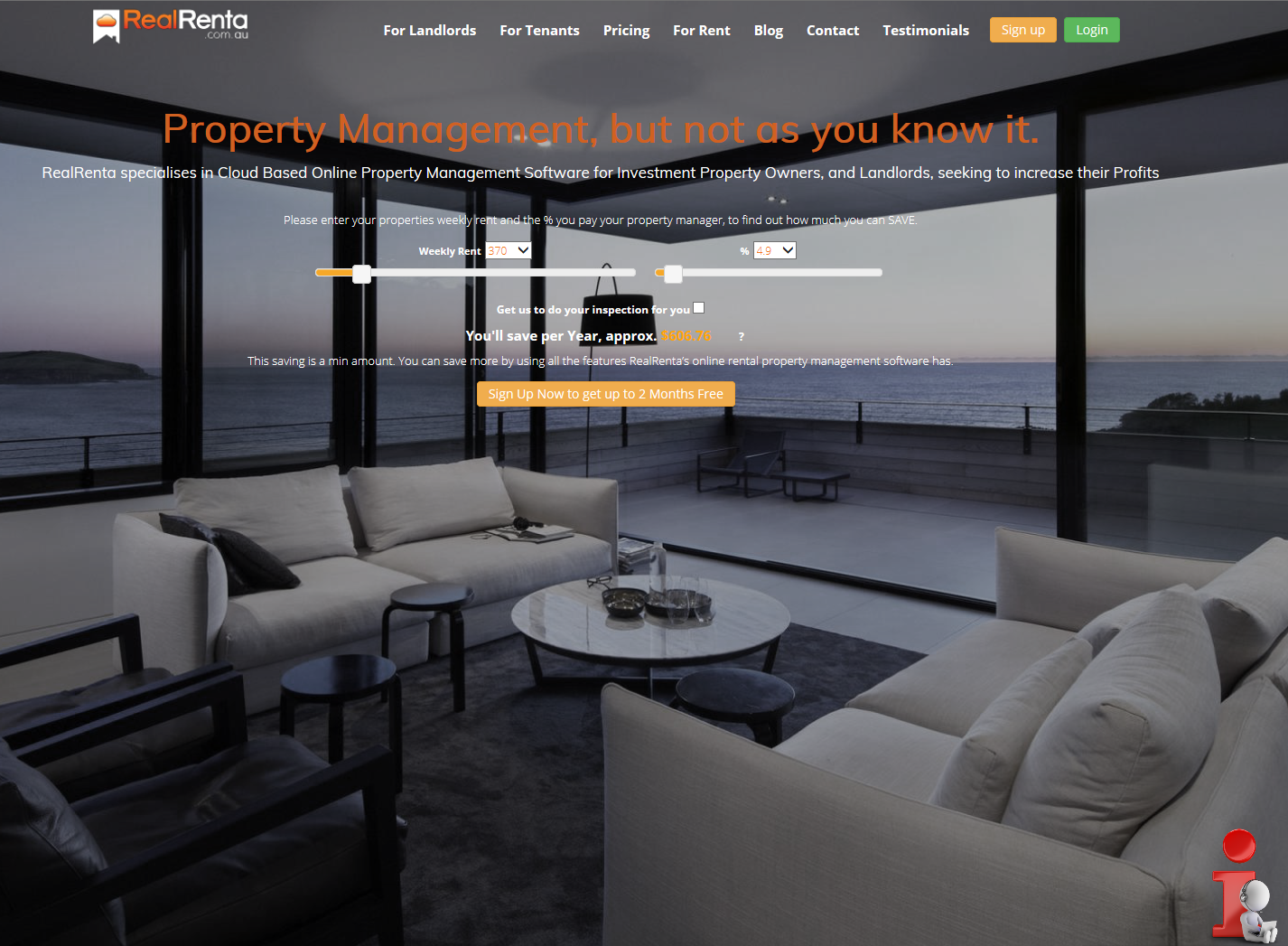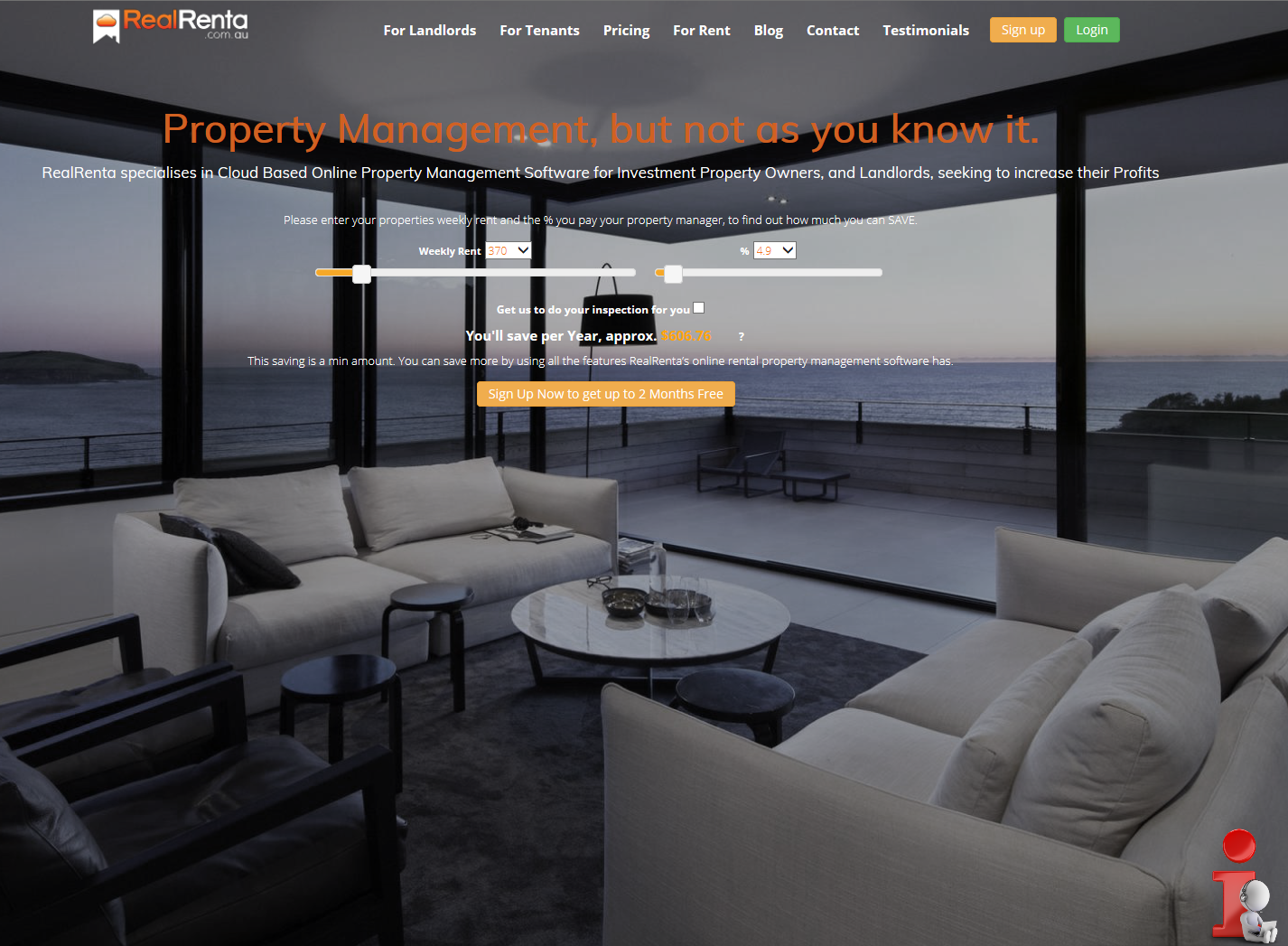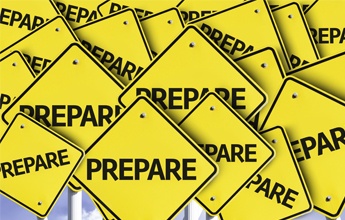It is a landlord’s obligation to make sure their tenants are living in a property where everything works.
Sometimes it can be hard to differentiate between urgent and non urgent repairs and can easily, lead to misunderstandings in the tenant/landlord relationship.
It is a good idea, to have a written procedure for emergencies, for your tenants to refer to.
The agreement should include the repairs considered to be an emergency, what the course of action should be in the case of an emergency and all after hours contact numbers.
It is also a good idea to include contact details of preferred tradesmen, should you be out of contact. In this scenario, a tenant can pay for the repairs and ask the landlord to reimburse them.
Each state and territory has a limit on what the tenant can pay out of their own pocket.
For instance in NSW, tenants must not pay over $1000 in emergency repairs.
You should also stipulate in the agreement, that tenants should never hire tradesman for basic repairs, without the landlords’ permission.
Agreements need to be tailored to the state/territory of the property and keep in mind that the regulating authorities in each state/territory will be different.
According to the NSW Department of Fair Trading, the following constitute urgent repairs:
- Burst water service/serious water leak
- Blocked or broken toilet
- Serious roof leaks
- Gas leaks
- Dangerous electrical faults
- Flooding/serious flood damage
- Serious storm and fire damage
- Failure/breakdown of gas, electricity or water supply
- Failure/breakdown of hot water service
- Failure/breakdown of stove/oven
- Failure/breakdown of heater/air conditioner
- Fault/damage that renders premises unsafe/unsecure
Try and mitigate potential issues before they become and emergency via regular maintenance. Written agreement will protect you, the tenant and your investment.
Getting these things right can save a lot of headaches.














